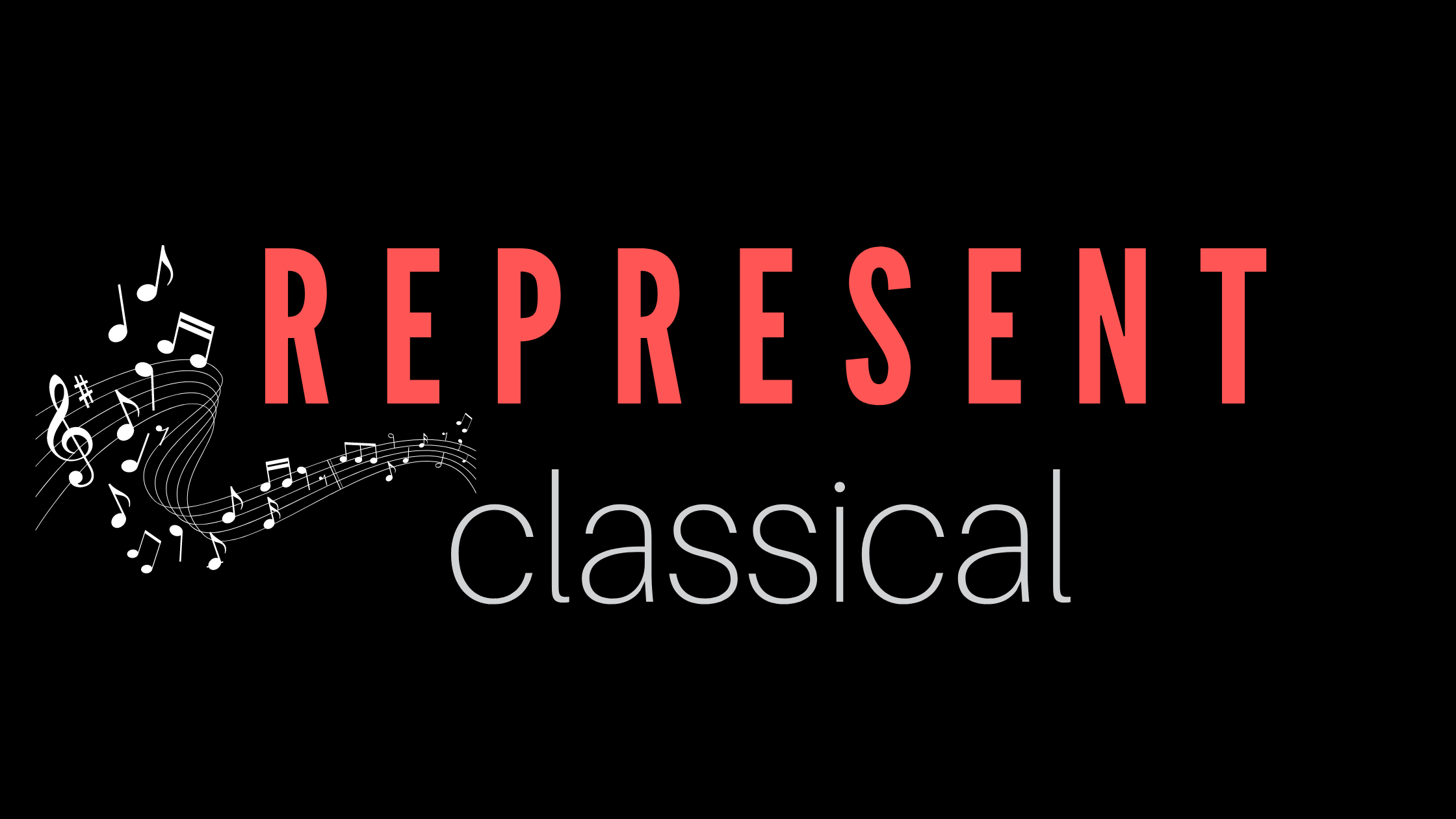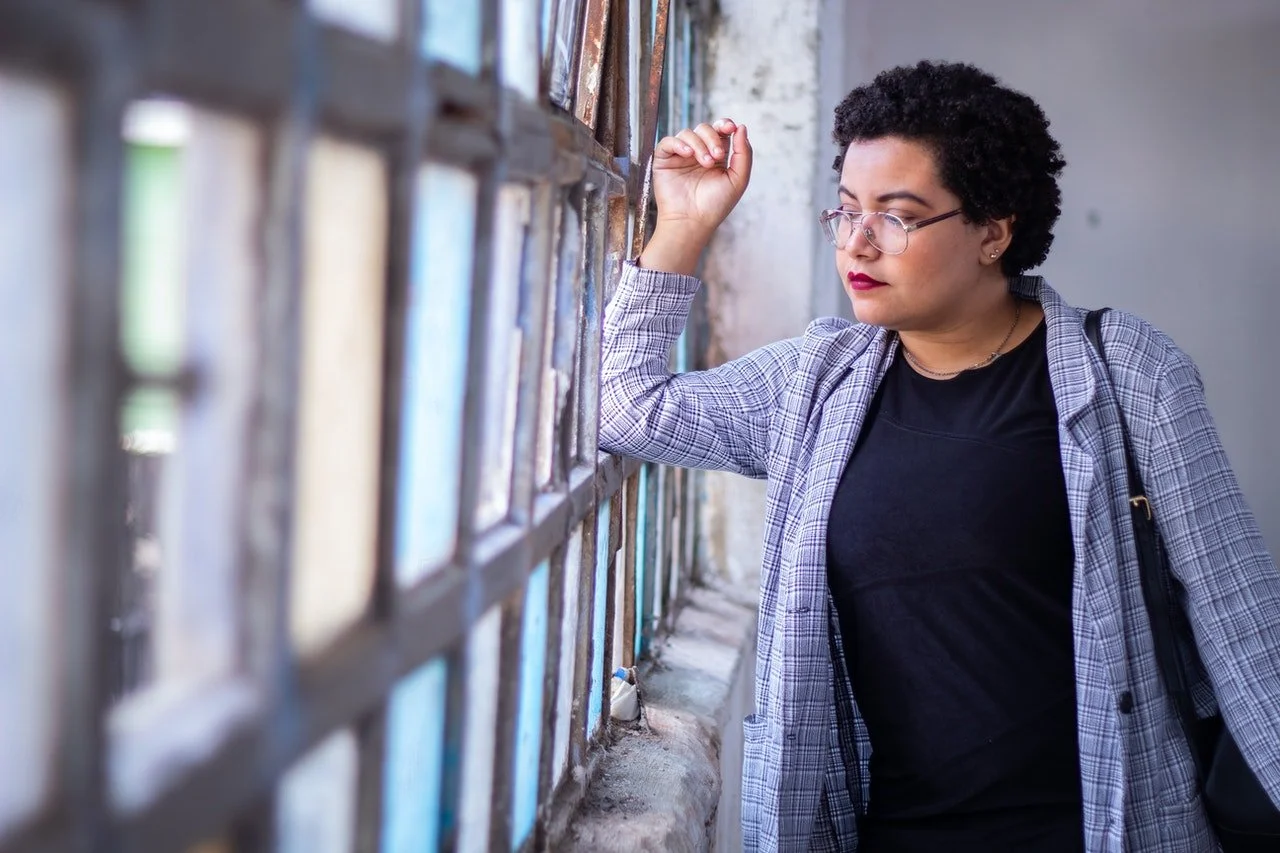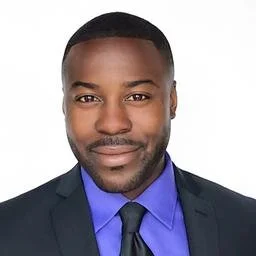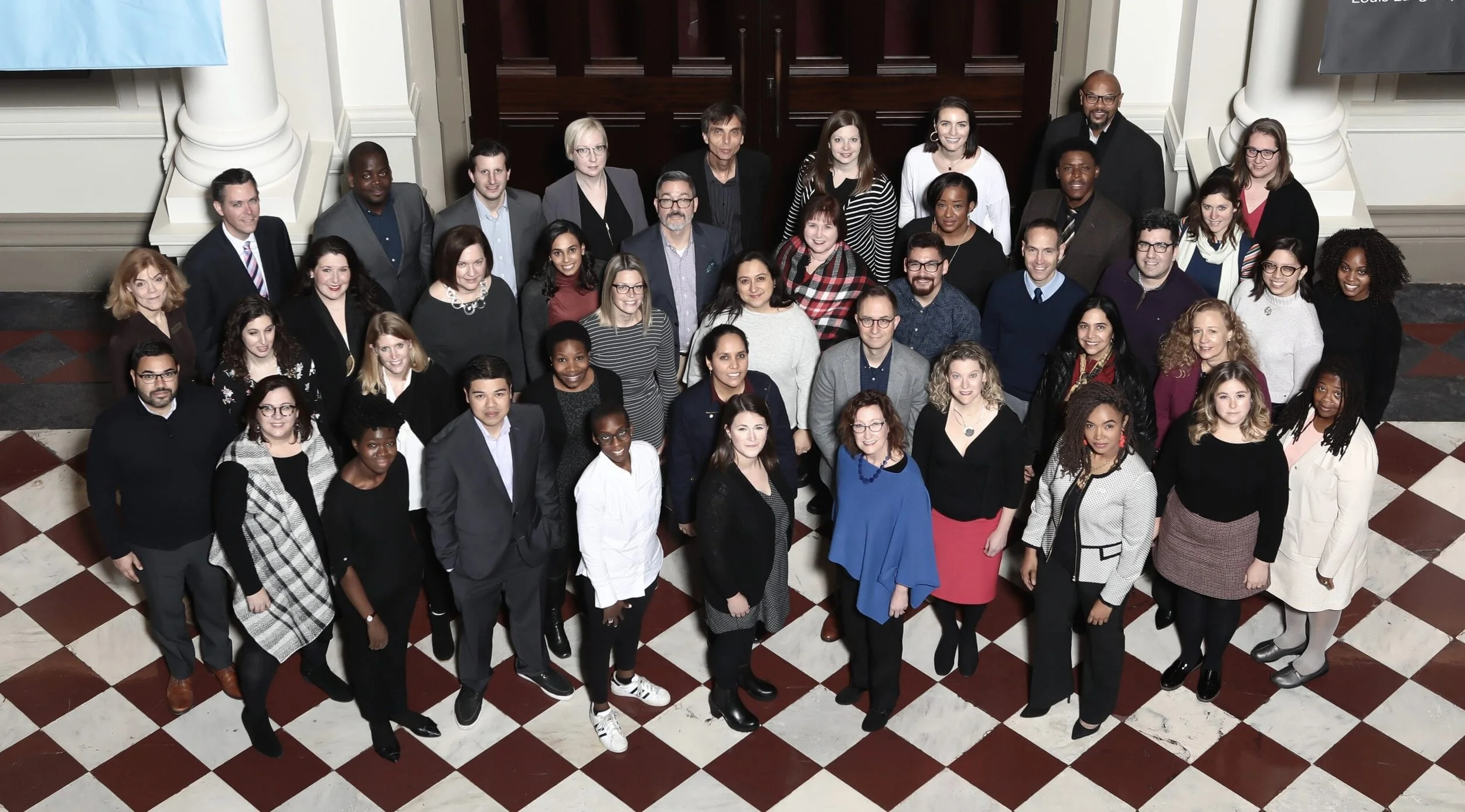Featuring music by living Black composers, the concert program will be led by Interlochen Orchestra director Dr. Leslie Dunner, recipient of the Leonard Bernstein American Conductors Award and the NAACP's James Weldon Johnson and Distinguished Achievement Awards.
Read MoreThis year BIPOC classical composers' works have been Grammy nominated in several award categories and BIPOC classical musicians perform on a number of Grammy nominated recordings in the Classical Music category, as well as the Americana category.
Read MoreWhile this story may seem inappropriate, exaggerated, and even far-fetched for many classical concert goers, the reality of gun violence is becoming more widespread and normalized across American society. As of mid-July, 2022, over 300 mass shootings had been reported in the United States, with associated deaths stacking up to over 60. Orchestral and opera venues have long been considered “safe spaces” where issues of systemic racism, patriarchal norms, and class division (among others) have been pushed to the proverbial nosebleeds, but as the issue of gun violence continues to grow, so should the attention that arts institutions are paying this issue.
Read MoreThe new “2022 Orchestra Repertoire Report” says that over the last several years there’s been an increase in how often American orchestras perform works by composers of color, women composers, and living composers. The report also examined programming trends dating back from 2015 to the current season.
The study was produced by SUNY Fredonia’s Institute for Composer Diversity, in partnership with the League of American Orchestras, with support from the Sphinx Organization’s Venture Fund. Data for the study was gathered from season announcements and the websites of medium and larger budget orchestras.
Read MoreFounded by Jennifer Arnold, Alexander Laing, David A. Norville, Joy Payton-Stevens, Shea Scruggs, Weston Sprott, and Titus Underwood, the Black Orchestral Network describes itself as “a community of Black orchestral artists” who “love and care about the American orchestral community.” However, with that love comes concern. BON sees the relative lack of Black talent in professional orchestras as a huge problem and has entered the arts activism field with not only a mission, but with a call to action.
In BON’s formal call to action, the organization offers some of the context that inspired their very direct approach, namely, a 2014 statistic that highlights the fact that less than 2% of American orchestral musicians are Black.
Read MoreRepresent Classical’s popular video series, CONVERSATIONS, is now available to listen to on Spotify.
Hosted by Christine S. Escobar, Founder and Editor of Represent Classical, each episode of “CONVERSATIONS” features in depth interviews with industry leaders, notable musicians, movers, shakers, and innovators in classical music and related genres.
Stay tuned for Season 2 beginning in late spring with more insightful and thought-provoking discussions on the change that musicians of color are creating in the music industry.
Read MoreAccording to a newly published report by SMU Data Arts, unemployment in the arts doubled that of the national average in the U.S., with BIPOC individuals and those with disabilities bearing the brunt of the impact.
Although employment returned for some workers of the arts sector, this recovery appears to have been virtually nonexistent for BIPOC and disabled workers.
Read MoreIt would be a long shot (no pun intended) to expect orchestral musicians, for example, to put down their instruments and pick up weapons, but there are steps that can and have been made in the arts sector toward supporting the people of Ukraine during this most challenging time. What does support for Ukraine from arts organizations look like, though? It's a question that a few arts institutions have engaged directly, one that holds historical precedent, and even one that could challenge the very notion of an arts organization's role in this broad world of social and political challenge.
Read MoreBrendan Slocumb’s first novel, The Violin Conspiracy released this month by Anchor Books, an imprint of Penguin Random House, is charting on Amazon, has quickly gained national media buzz, and become a Good Morning America Book Club selection in only a matter of days. Its surprising success has caught its author pleasantly off guard.
Represent Classical spoke with the author and musician this week about the book and his personal inspiration behind the story.
Read MoreA new gift of $2.1 million from The Andrew W. Mellon Foundation will support the League of American Orchestras’ next phase of their Catalyst Fund: an incubator program to advance equity, diversity, and inclusion practices in American orchestras. The new grant follows the receipt in 2019 of $2.1 million from the Mellon Foundation to fund a three-year pilot program that provided grants to 49 orchestras.
Read MoreThursday at the League of American Orchestras virtual conference “Embracing a Changed World”, a number of leading figures held discussions in two sessions focused on racial equity, diversity, and inclusion (EDI). They focused on tangible solutions to barriers facing orchestras and organizations attempting to reckon with equity, diversity, and inclusion from within.
Read MoreThe League of American Orchestras’ upcoming annual conference, “Embracing A Changed World”, will be held Monday, June 7 to Thursday, June 17 virtually online.
Read MoreWhile many classical music organizations are looking inward to address racial equity issues, a new initiative is taking a new approach to advocating for young musicians of color. The National Instrumentalist Mentoring and Advancement Network (NIMAN) is a network made up of like-minded organizations and individuals seeking to promote racial equity in classical music.
Read MoreEl Sistema USA (ESUSA) has launched an individual membership tier. A nationwide membership organization, ESUSA serves as the connective tissue between U.S.-based music programs inspired by the successful El Sistema model. The El Sistema program, established by maestro José Antonio Abreu in Caracas, Venezuela in 1975, provides musical instruction to youth with the greatest need at no cost, with an emphasis on ensemble programming. The continued success of this program in Venezuela inspired the replication of its programming model around the world, and eventually, the formation of ESUSA.
Read MoreBeginning October 15 until February 1, 2021, the Stulberg Competition, based in Kalamazoo, MI is accepting applications from young musicians for its 46th annual event.
Read MoreThe Youth Orchestra Commissioning Initiative is designed to create remote performances of new works by women and composers of color. The project hopes to connect young musicians with new music by composers who will write short chamber pieces for groups of various instrumentation to rehearse and perform virtually from the young musicians’ homes.
Read More















